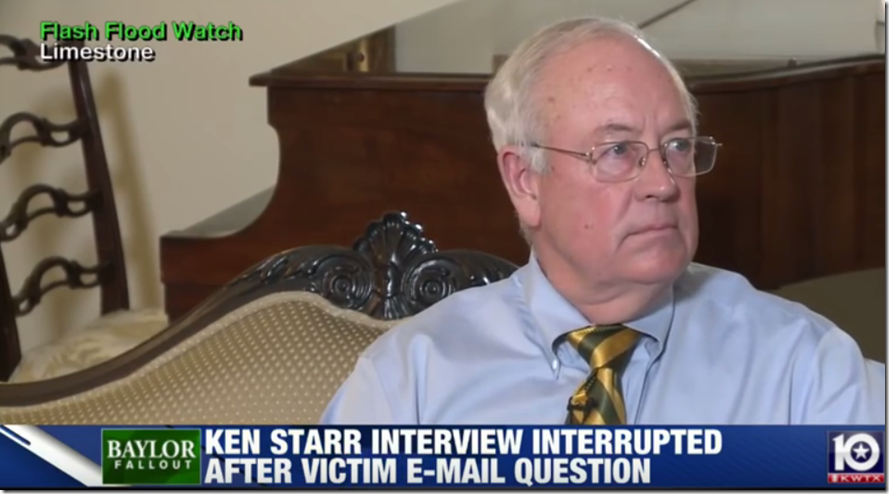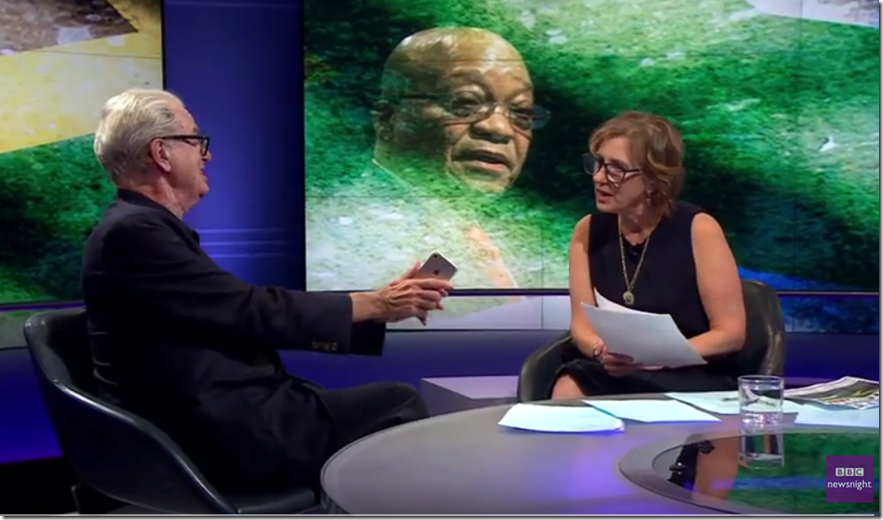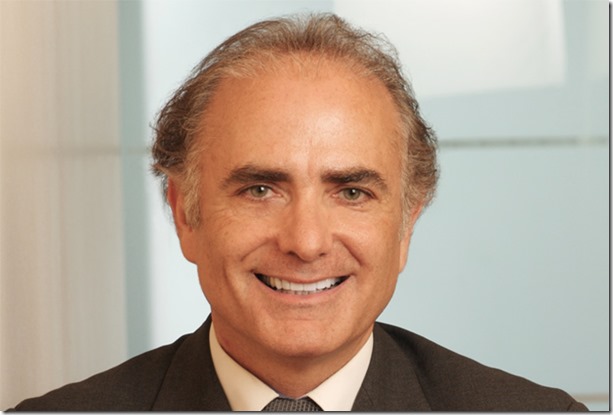Ken Starr: Don’t Do Your Media Training During The Actual Interview!
I’ve written about hundreds of media disasters over the past decade, but I’ve never seen anything quite like this.
The subject of this interview is Ken Starr, whose work as independent counsel in the 1990s revealed the Monica Lewinsky scandal and led to the impeachment of President Bill Clinton.
In recent years—and until earlier this week—Starr was the president and chancellor of Baylor University. He was terminated from his role as president (and resigned his post as chancellor) due to his failure to respond to accusations from six female students who claimed that they had been raped and/or sexually assaulted.
He agreed to an interview with a local CBS affiliate in Waco, Texas this week when this happened:
I’ve never seen someone give three different answers to the same question during the same interview while looking off-camera to his public relations counsel for approval.
Here was the original question:
Reporter: “What about the victim that came forward saying that she had personally sent you an email and Art Briles [Baylor’s former football coach] an email saying in the subject line that she was raped at Baylor. Did you ever see that email?”
Answer Number One
Starr answered her question rather directly:
“I honestly may have. I’m not denying that I saw it.”
But Merrie Spaeth, Starr’s crisis manager who was standing off camera, didn’t like that answer and asked the reporter not to use his response. When the reporter refused her request, Spaeth insisted that Starr follow her into another room to discuss his answer.
Answer Number Two
As Spaeth and Starr returned to the interview, Spaeth announced:
“She needs to ask you that question again, whether you do it on camera or not, it’s up to you. I just want to make sure it doesn’t end up mis-edited.”
Wait, what?!?
Spaeth thought she had the right to tell a reporter what to re-ask and that her request wouldn’t make its way into the story? And she thought the reporter would buy her claim that running Starr’s original words—which he had just uttered on camera in their proper context—would somehow be the result of “mis-editing?”
The reporter asked the question again anyway, and Starr gamely tried again:
“All I’m going to say is I honestly have no recollection of that.”
Starr then turned to Spaeth and asked, “Is that okay?” Spaeth, seemingly aware of the game that was supposed to be played here, scolded her client:
“Don’t look at me, look at her!”

Answer Number Three
Now unsatisfied with his first and second answers, Starr tried one more time:
“I honestly have no recollection of seeing such an email, and I believe that I would remember seeing such an email. The president of a university gets lots of emails. I don’t even see a lot of the emails that come in to the office of the president. I have no recollection of it. None.”
Starr was, in essence, doing his media training during an actual interview.
Spaeth’s decision to interrupt the interview didn’t serve her client well. One bad answer was bad enough; three versions of the same reply made her client look like an empty vessel for whichever words he was coached to say. Worse, the spectacle of it all drew much more attention to an interview that otherwise wouldn’t have gotten the same notice.
As for Starr, he looked rather clueless. That he thought he could keep workshopping different versions of his answers in front of cameras without that becoming the story is stunning—and surprising for a man who has spent so much of his life in the public eye.
Don’t pull a stunt like this! Read The Media Training Bible: 101 Things You Absolutely, Positively Need to Know Before Your Next Interview, in paperback, Kindle and iPad.



Great Post. It seems rather foolish that anyone in this day and age that holds a senior (public facing) position wouldn’t have at least some grounding in conducting effective media relations. It is even more foolish to think that a reporter is going to stop the camera and allow multiple “takes”.